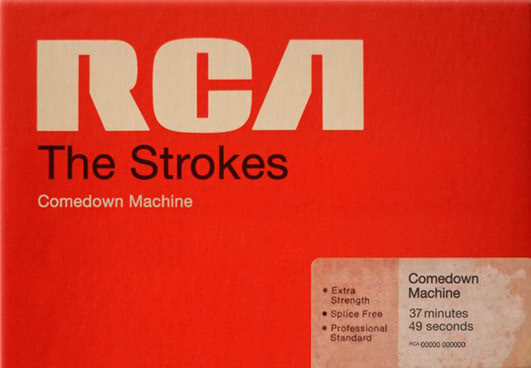The Strokes have defined and influence progressive rock since they first released their debut album, Is This It in 2002.
Their latest recording, Comedown Machine however sees them leave their rock roots behind and create more electro-pop inspired tunes.
While some songs offer hints at the original songs, the album mixes different genres from electro pop to rock and Latin rhythms, in a way that feels oddly disjointed.
Album opener, “Tap Out” roars with a screeching guitar line that almost has a first time listener thinking the band is taking a turn for a grungier rock style. However it immediately launches into a syncopated bass and synth line. Casablancas’ higher vocals immediately add to the electro pop feel of the track.
Some songs see the band return to more familiar territory, giving fans hope that some of their older material is still alive.
Single “Al The Time” features a grungier guitar and bass line with a repetitive, drum beat. Even Casablanca’s vocals are reminiscent of early Is This It days.
“Welcome To Japan”, a definite highlight of the album is a classic rock song with an off beat and seriously funky bass line that anchors the track. While, Casablanca’s vocals change between solo and harmonies in a warm and feel good pop style.
Love Classic Rock?
Get the latest Classic Rock news, features, updates and giveaways straight to your inbox Learn more
Other songs, feel flat and lack the infectious energy previously felt the band’s previous work. The dreamy and synth heavy “80s Comedown” is the longest track on the album and definitely feels like it.
It feels oddly out of place and drags on, feeling like an unnecessary break between the other songs. Similarly, “Chances” captures a hypnotic feeling, but sounds more like a solo project, with Casablancas’ high pitched vocals sounding like anything but the Strokes.
While Comedown Machine offers glimpses of the Stroke’s highly acclaimed previous work, the album feels like disjointed and more of an electro-pop style than their solid rock genre their mastered in early years.
Long term fans will be left asking the question, when something’s good, why change it?




































